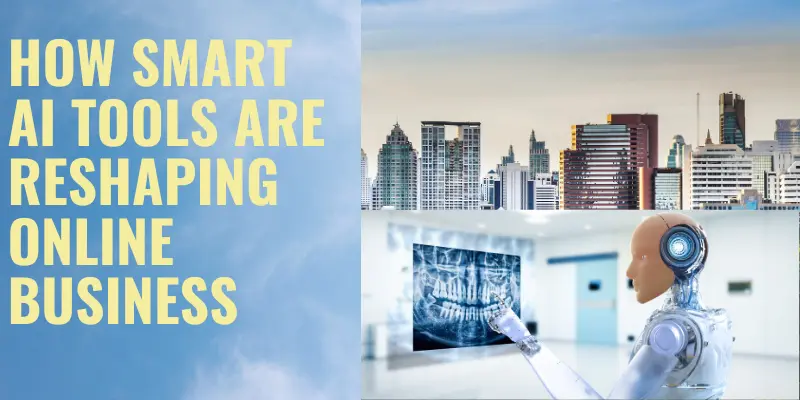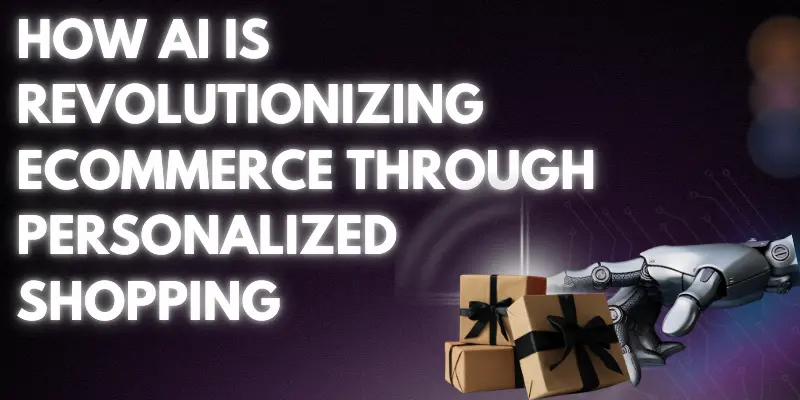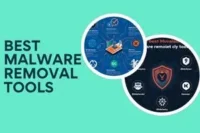Top AI Tools for E-commerce Businesses That Drive Sales
Published: 18 May 2025
When I first started exploring Top AI Tools for E-commerce Businesses, I didn’t realize just how much these solutions could enhance not only the customer experience but also content creation, streamline processes, and automate repetitive tasks. One major shift I noticed was how AI could take raw data, perform advanced analysis, and deliver actionable insights that would have taken days to uncover manually. It’s not just about saving time—it’s about becoming more efficient and competitive in an increasingly saturated retail sector.
This article explores 14 examples of Top AI Tools for E-commerce Businesses, showing how retailers use smart systems to solve real challenges. From product recommendation engines that personalize each shopper’s journey to chatbots that respond instantly 24/7, these tools impact every layer of e-commerce, from backend operations to frontend engagement. You’ll see how AI is transforming the landscape and may even be inspired to integrate a few into your own store.
How Smart AI Tools Are Reshaping Online Business
In my years working with E-commerce Business platforms, I’ve seen how AI has completely impacted the retail sector, especially when it comes to customer interaction and daily business operations. Intelligent tools like chatbots use machine learning to interact with consumers, handling queries with pre-programmed responses stored in a database.
These tools don’t just communicate efficiently – they reduce the need for human interaction and give customer service reps more time to handle complex issues. I’ve personally used voice recognition software to handle voice-based orders – it enhances the user experience by allowing dictation, cutting down the time an employee spends on each query. From personalized suggestions to smarter content creation and product recommendations, AI is a real opportunity to boost every step of the process.

But the magic doesn’t stop there. The ability of AI to analyze enormous amounts of data both quickly and accurately has streamlined our reporting, shaped our strategy, and optimized how we plan inventory through predictive sales forecasting. As someone who’s worked with tight marketing budgets, using algorithms to spot changing customer behavior has been a game-changer. Whether it’s refining our SEO content or setting dynamic pricing based on competitor activity, AI-generated insights help us make more informed and strategic decisions. In one project, we even used robots in warehouses to sort and pack items, improving speed without increasing costs. These are just a few examples of how business automation tools—powered by AI—are transforming workflows. All of these solutions show how AI integration is not just for large brands—it’s become essential for any retailer looking to grow in today’s changing landscape.
How AI is Revolutionizing eCommerce Through Personalized Shopping
When I first integrated AI into a small E-commerce Business store I consulted for, I was surprised how quickly it began to analyze consumer behavior, track purchase history, and predict what users might want next.
This wasn’t just smart – it was strategic. The power of personalized recommendations lies in using clever algorithms and datasets to tailor suggestions that truly align with a consumer’s interests. These recommendation engines study patterns and browsing habits to recommend products a user didn’t even realize they needed, boosting product discovery and keeping engagement high.

Take SHEIN, the global fashion brand. It uses AI to automatically suggest clothing, shoes, and accessories based on what someone recently viewed or bought. This approach improves upselling and cross-selling by surfacing individualized items at the right time. I’ve seen retailers use this strategy to keep customers browsing longer and increase sales. It’s not just about showing similar products – it’s about understanding consumer behavior and using AI to recommend what feels personally selected. When done right, it doesn’t feel like tech – it feels like magic.
Smarter Decisions and Better Customer Care
From my experience working with AI-powered tools in retail, the biggest advantage is how they help businesses make strategic decisions by analyzing real-time data. This gives retailers actionable insights on everything from supply chain operations to marketing and aftercare, allowing them to personalize marketing campaigns based on accurate customer segments and interests.

It’s impressive how AI algorithms can predict trends and customer needs, helping brands improve their customer experience and build stronger connections.
At the same time, AI boosts operational efficiency by automating many routine tasks like inventory management, content creation, and customer service automation. This saves time and reduces errors, helping to prevent financial losses and ultimately increasing ROI. The tools work faster and more reliably than humans on repetitive jobs, freeing up real people to focus on tasks that require creativity and empathy. Plus, the ability to optimize product feeds 10x faster means businesses can respond quickly to market demands and customer expectations.
Security is another area where AI shines for any e-commerce business. From fraud detection software to systems catching fake reviews and counterfeit product detection, these tools protect both the business and customers alike. Still, it’s important to be aware of the dangers of AI in advertising and ensure a careful integration of these tools. Balancing the scary prospect of automation with human oversight keeps the e-commerce business running smoothly and enhances the overall shopping experience.
Conclusion
So guys, in this article, we’ve covered Top AI Tools for E-commerce Businesses in detail. From my experience, adopting these AI-powered tools can truly transform your store by enhancing customer experience and streamlining operations. I recommend starting small with automation features and gradually expanding as you see results. If you’re ready to take your e-commerce business to the next level, don’t wait—start exploring Top AI Tools for E-commerce Businesses today!
FAQs
There are several types, including chatbots, recommendation engines, predictive analytics, visual search, and AI for customer segmentation. Each type helps in different areas, like customer service, product suggestions, or understanding customer data.
A chatbot talks with customers in real time to answer questions. A recommendation engine shows products based on past shopping behavior. They work in different parts of the customer journey.
No, you don’t need every type of AI. Start with the one that solves your biggest issue, like customer support or product suggestions. You can always add more tools as your store grows.
Data analysis looks at what has already happened in your store. Predictive analytics uses that data to guess what might happen next. It helps you plan better for sales, stock, or marketing.
No, it works for any store where pictures are important, like electronics or home decor. Customers can upload a photo to find similar products. It makes searching faster and easier.
Yes, many tools are built for beginners and don’t need coding. You can install them directly on platforms like Shopify. They help show each visitor products they’ll likely love.
This can happen if your chatbot isn’t trained well or lacks good scripts. Updating its responses or using smarter AI can help. Some chatbots also learn over time to get better.
Small stores can start with tools like chatbots or simple automation. Bigger stores may need advanced AI for inventory, customer analysis, or marketing. Start simple, then scale up.
That may mean your AI tool doesn’t have enough or the right data. Make sure your products are tagged well and customer data is accurate. Updating your recommendation settings can also help.
Not always do many AI tools have affordable plans. Some even come built-in with your e-commerce platform. You can start small and upgrade as your business grows.

- Be Respectful
- Stay Relevant
- Stay Positive
- True Feedback
- Encourage Discussion
- Avoid Spamming
- No Fake News
- Don't Copy-Paste
- No Personal Attacks

- Be Respectful
- Stay Relevant
- Stay Positive
- True Feedback
- Encourage Discussion
- Avoid Spamming
- No Fake News
- Don't Copy-Paste
- No Personal Attacks





